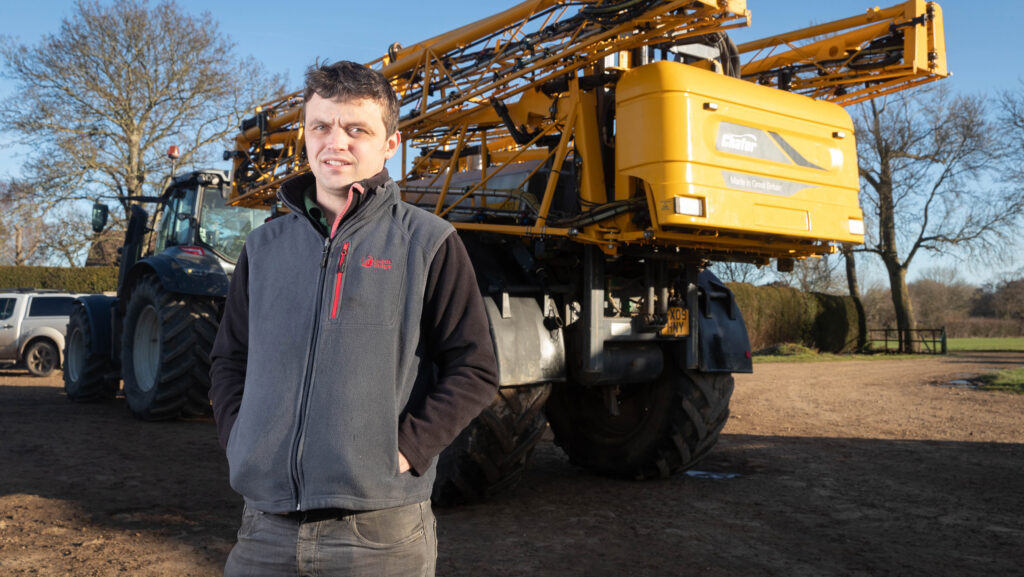Opinion: Seller beware as farm scams spread
 Mike Neaverson © Tim Scrivener
Mike Neaverson © Tim Scrivener Little of much intrigue happens on this farm in the depths of winter, but on one drizzly, dark day just before Christmas last year there was a brief exception.
As we surreptitiously blocked the gate with a tractor, I phoned 999.
“Bit of a weird one this,” I explained to the police operator. “There’s a lorry just pulled into my yard, and I’m fairly sure he’s here to steal £7,000-worth of potatoes.”
See also: Opinion – Labour’s ‘anti-farming’ policies just keep coming
I can write about this now, partly because the dust has settled without apparent arrest.
But more importantly, if not the same gang then at least the same tactics are being used again in a fresh round of fraudulent activity.
The fundamentals are simple, but the attention to detail is not.
Impersonation
Someone purporting to be from a genuine business calls a supplier or, in my case, a produce merchant who I trust and have dealt with personally for many years.
They appear knowledgeable and get talking about what business they might be able to do together soon.
New supplier forms are signed, credit checks passed, credit insurance organised and credit terms set before any produce changes hands.
The fly in the ointment, of course, is that payment will never be forthcoming for the produce because the lad or lassie on the phone has nothing whatsoever to do with the genuine credit-checked company and has instead stolen their identity.
Here’s where the attention to detail comes in. I’ve spoken to a number of victims – both defrauded and impersonated – and had I been directly targeted then I’m not sure I would have immediately spotted it either.
These are all well respected, medium-scale agricultural and produce businesses.
Sophisticated methods
First, the fraudster purports to be one of the directors of the business so that it checks out on Companies House.
In one case they stole a headshot photo from the business’s own website or LinkedIn and used it as their WhatsApp and email thumbnail.
In another, they changed the phone number displayed on Google to their own fraudulent mobile.
Next, legwork is put in for several weeks to foster juvenile business relationships. Specifications are discussed. Quality control photos sent. The right questions are asked.
Eventually orders are placed with multiple suppliers in very quick succession for lorry loads of produce as diverse as potatoes, onions and Christmas trees.
It would appear the aim is to get as much produce away as quickly as possible before everyone realises what’s going on. As in my case, not every lead will come off, but this scattergun approach seems to work.
To give you an idea of the scale, at its peak, one of the impersonated businesses was getting around a dozen calls a day from suppliers worried they had either been or were about to be defrauded.
Haulage companies, employed to move the produce, were done too.
To their great credit, the genuine businesses contacted as many producer organisations as they could think of as soon as they were aware of what was happening to spread the word.
My local NFU WhatsApp group pinged off within a few hours.
But there are victims tens of thousands out of pocket, and genuine businesses with their financial reputations degraded. It really is a case of seller beware.

